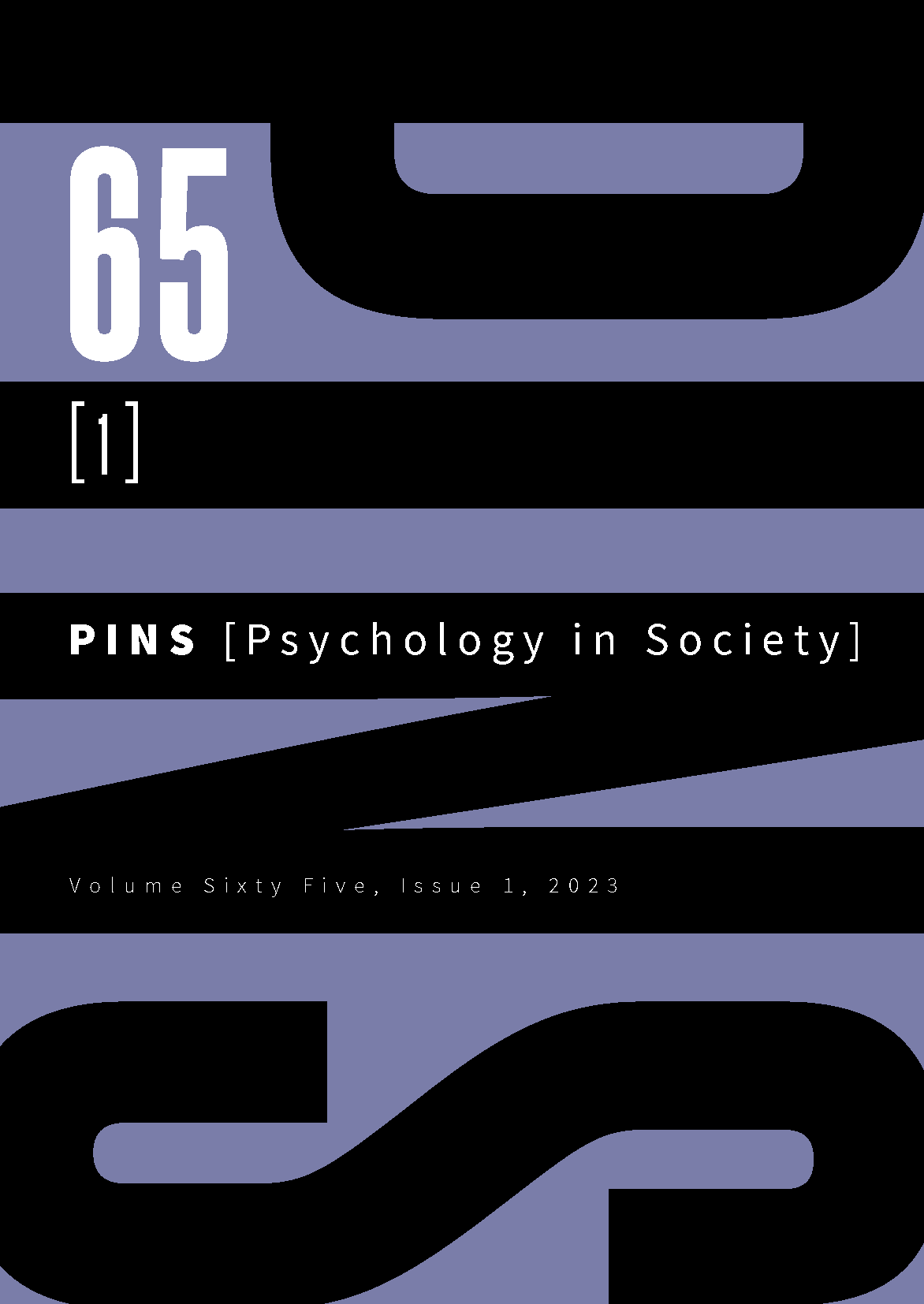Psychological barriers to climate-friendly food choices
DOI:
https://doi.org/10.57157/pins2023vol65iss1a5816Keywords:
Consumer behaviour, climate change mitigation, climate-friendly food, pro-environmental behaviour, psychological processes, sustainable food choicesAbstract
The food supply chain is a significant contributor to climate change. By following a climate-friendly diet, consumers have the potential to significantly reduce the effects of climate change. However, despite the growing awareness of the climate-friendly food options that are available, consumers still choose foods with a high carbon footprint. Following a survey design, this study aimed to determine the extent to which four psychological processes (denial, conflicting goals and aspirations, tokenism, and interpersonal influence)
limited climate-friendly food choices in a sample of adult consumers residing in Gauteng, South Africa. Data were collected from 146 participants using the Climate-friendly Food Choices Scale and the Psychological Barriers Scale. Results indicated that, overall, the barriers were negatively associated with climate-friendly food choices. Regression analysis indicated that the four psychological barriers explained 10.6 % of the variance in climate-friendly food choices. Conflicting goals and aspirations and denial were identified as the two main psychological barriers to climatefriendly food choices. It is therefore essential to consider the psychological processes that could have a limiting effect on the adoption of climate-friendly food choices in our approach
to encourage pro-environmental change.
Downloads
Downloads
Published
How to Cite
Issue
Section
License
This journal is an open access journal, and the authors' and journal should be properly acknowledged, when works are cited.
Authors may use the publishers version for teaching purposes, in books, theses, dissertations, conferences and conference papers.
A copy of the authors’ publishers version may also be hosted on the following websites:
- Non-commercial personal homepage or blog.
- Institutional webpage.
- Authors Institutional Repository.
The following notice should accompany such a posting on the website: “This is an electronic version of an article published in PINS, Volume XXX, number XXX, pages XXX–XXX”, DOI. Authors should also supply a hyperlink to the original paper or indicate where the original paper (http://www.journals.ac.za/index.php/pins) may be found.
Authors publishers version, affiliated with the Stellenbosch University will be automatically deposited in the University’s’ Institutional Repository SUNScholar.
Articles as a whole, may not be re-published with another journal.
The copyright of the article(s) lies with the author(s).
The copyright of the journal lies with PINS-psychology in Society.
The following license applies:
Attribution CC BY-NC-ND 4.0 - https://creativecommons.org/licenses/by-nc-nd/4.0/

